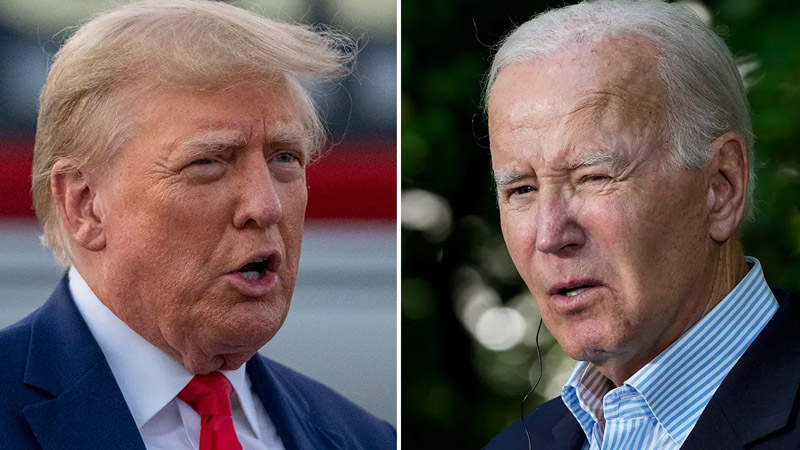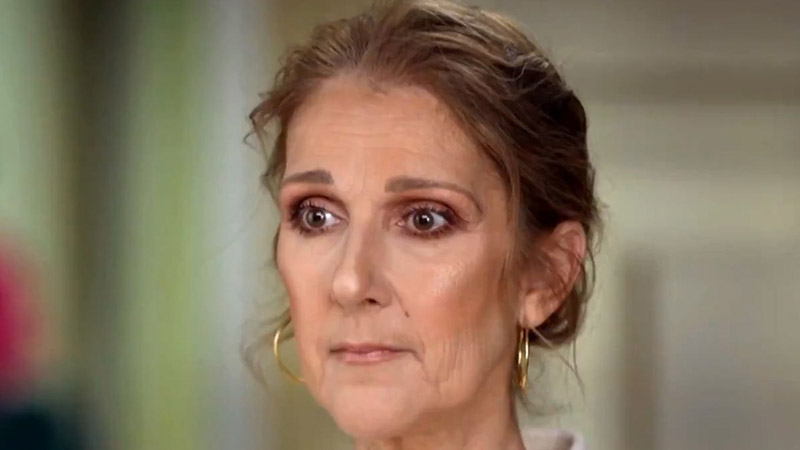Democratic Party Rattled by Internal Memo Over Voter Registration Concerns

(AP Photo/Alex Brandon)
An internal memo has recently surfaced, shedding light on the Democratic Party’s deep-seated anxieties about their voter registration strategies, particularly in light of the unexpected support former President Trump is receiving. This memo has led to a ripple of concern across the party, with fears that efforts deemed “nonpartisan” could inadvertently play into Trump’s hands.
As reported by the Washington Post, this revelation has caused a stir within the party, highlighting the precarious balance between expanding the voter base and unintentionally boosting Trump’s prospects. The memo explicitly critiques the strategy of employing nonprofit organizations for voter drives, suggesting that such actions might favor Trump’s ambitions for a comeback.
The memo starkly warns against indiscriminate voter registration, which could “distinctly aid Trump’s quest for a personal dictatorship,” suggesting a shift towards focusing on demographics that predominantly support Biden. This suggestion has sparked debates on the true nature of these “nonpartisan” initiatives, with critics arguing they have always been partisan endeavors designed to enhance Democratic chances.
Jason Snead from the Honest Elections Project has voiced criticism over the memo’s implications, suggesting it inadvertently confirms the partisan bias in these voter registration efforts. He urges the media and public to scrutinize other “nonpartisan” programs, particularly those funded by taxpayers to mobilize liberal voters.
The discussion has expanded to social media platforms like X, where investigative researcher Parker Thayer highlighted the memo’s advice to Democratic donors to halt funding for voter registration nonprofits, suggesting an underlying partisan motive, told Fox News.
This controversy emerges against a backdrop of shifting party loyalties among key demographic groups, with Gallup’s polling data revealing significant declines in Democratic support among Black, Hispanic, and young voters. The memo’s strategic pivot based on Trump’s popularity has raised alarms within the party, with figures like Maria Teresa Kumar from Voto Latino expressing concerns about the potential negative impact of such a strategy shift.
Kumar warns against the divisive implications of the memo, stressing the importance of not alienating communities or diminishing investment in voter registration efforts. Meanwhile, Biden pollster Matt Barreto emphasizes the need to close the registration gap among people of color, advocating for continued efforts to bolster Democratic registration in these communities.
The unfolding debate over the memo and its suggested strategies reflects the complex dynamics within the Democratic Party as it navigates the challenges of maintaining its base while confronting the enduring influence of Trump’s political movement.


